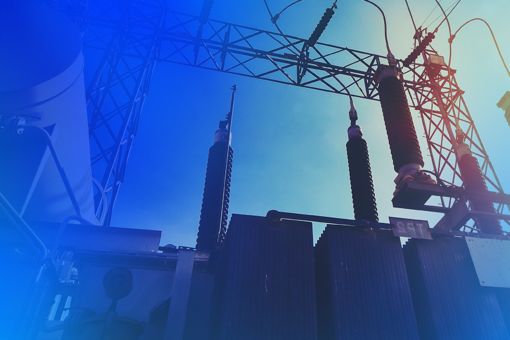Preface
Nigeria’s electricity sector has been plagued with challenges across the various subsectors, despite years of structural reforms and investments aimed at addressing these recurrent issues. Power supply has been epileptic, with frequent national grid collapses and blackouts. The sector has also been plagued with liquidity, profitability challenges and high indebtedness.
On 8 June 2023, His Excellency, President Bola Ahmed Tinubu, GCFR, signed the Electricity Bill 2023 into law as Electricity Act, 2023 (“the Act”). The Act provides a comprehensive legal and institutional framework for the operation of a fully privatized, cost and service reflective tariff, contract and rule-based competitive electricity market in Nigeria, and repeals the following Acts:
1. Electric Power Sector Reform Act, 2005.
2. Hydroelectric Power Producing Areas Development Commission (Establishment, Etc.) Act, No. 7, 2010.
3. Hydroelectric Power Producing Areas Development Commission {Establishment, Etc.) Act, 2010 (Amendment) Act, 2013.
4. Hydroelectric Power Producing Areas Development Commission (Establishment, Etc.) Act, 2010 (Amendment) Act, 2018.
5. The Nigerian Electricity Management Services Agency (Establishment) Act, 2015.
The Act also consolidates laws relating to the Nigerian Electricity Supply Industry (NESI) with the aim of reforming the electricity sector, integrating renewable energy into Nigeria’s energy mix, and attracting the required investments to develop the industry.
A key objective of the Act, amongst other, is to introduce new policies and regulatory measures that will address some of the current challenges and attract private sector investments across the NESI value chain to achieve a self-sustaining, profitable, and sufficient industry.
This publication highlights some of the key provisions of the Act and its impact on the Nigerian electricity sector.


